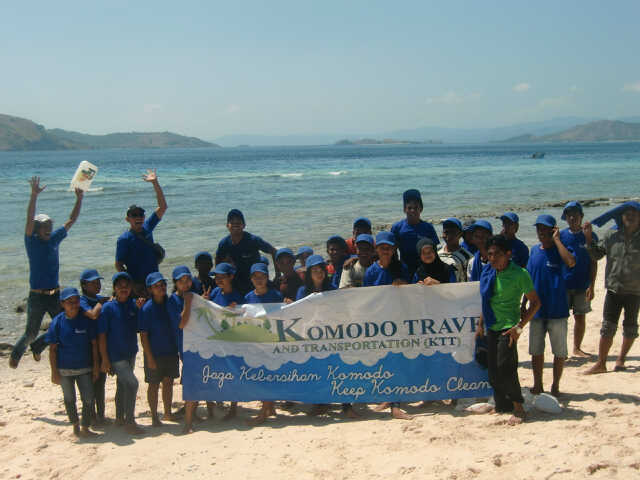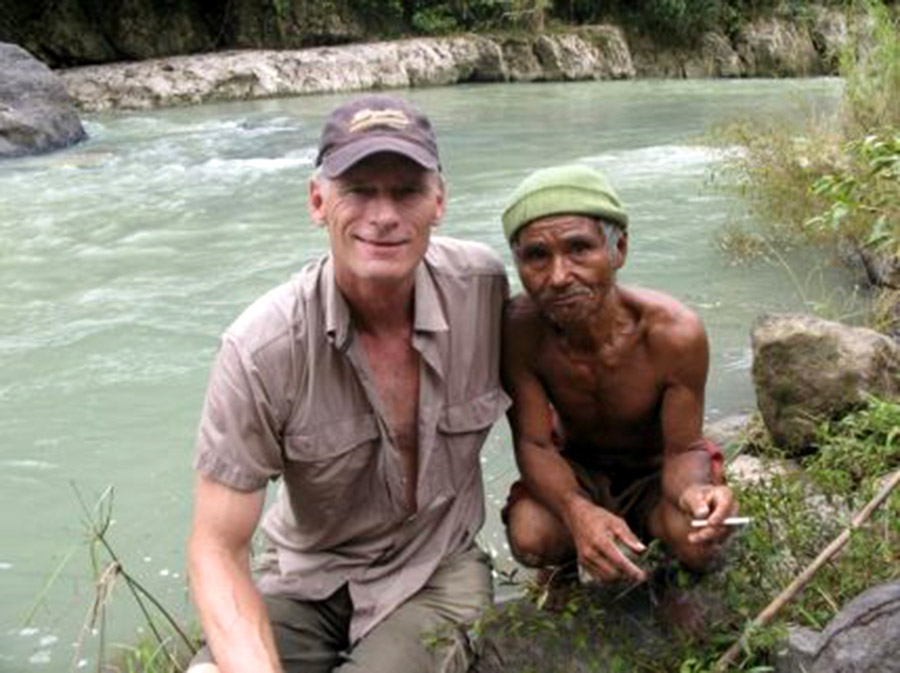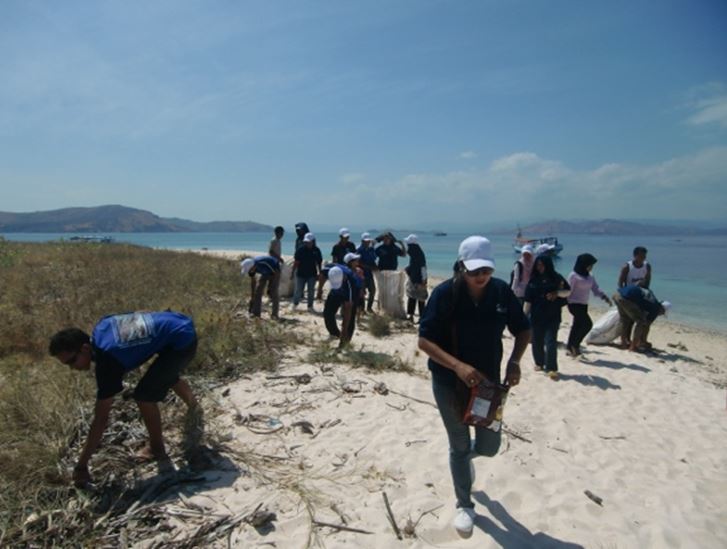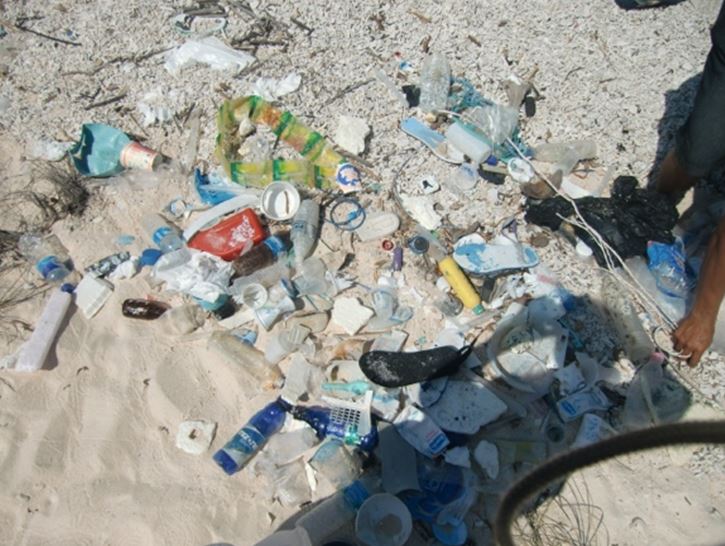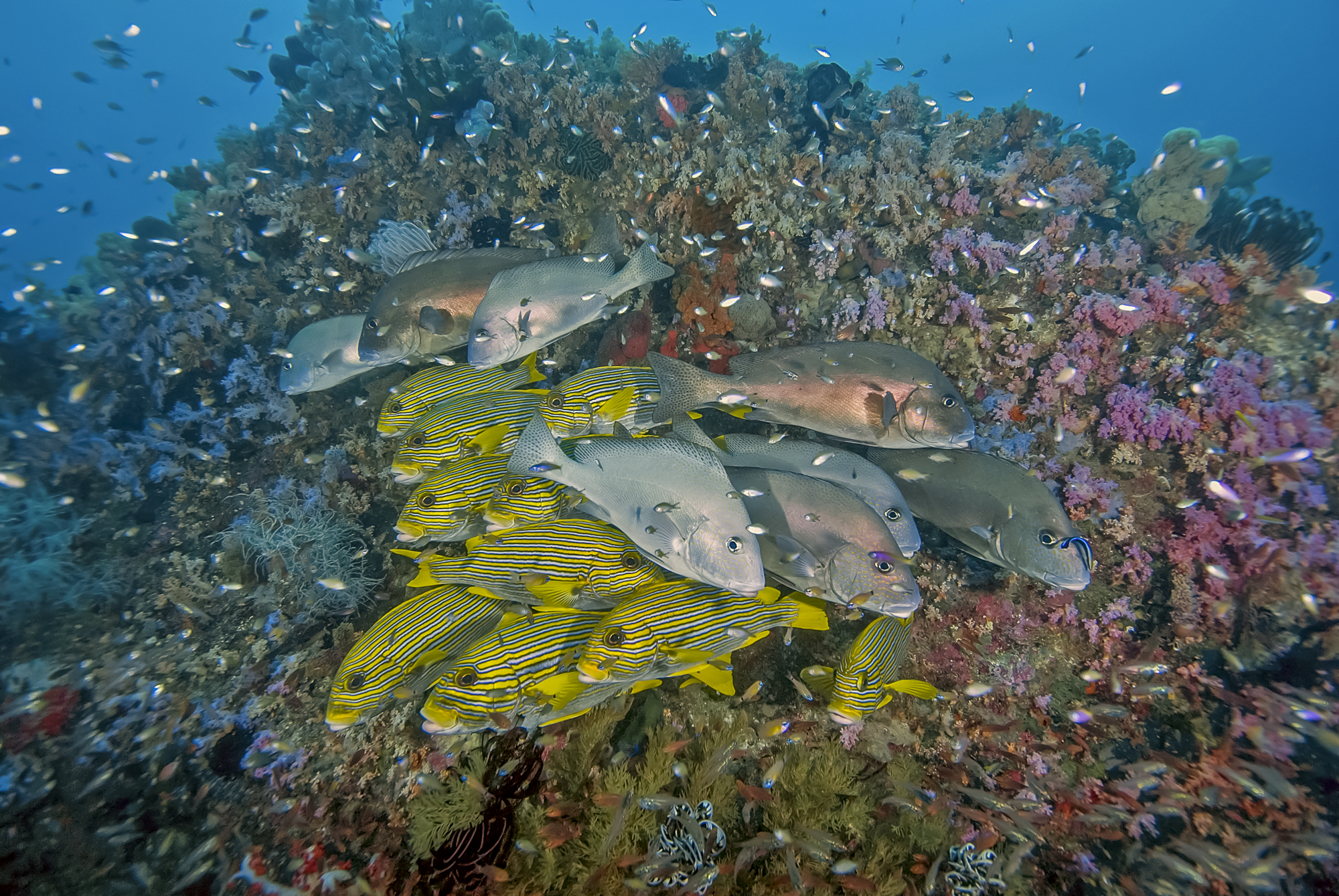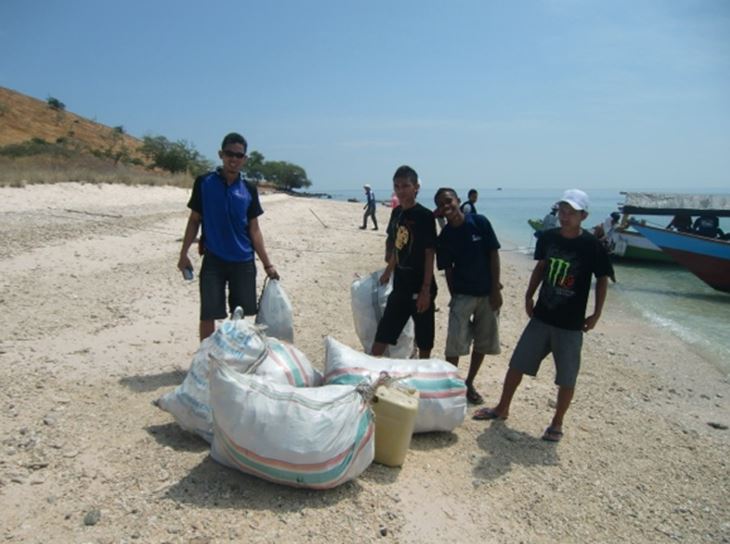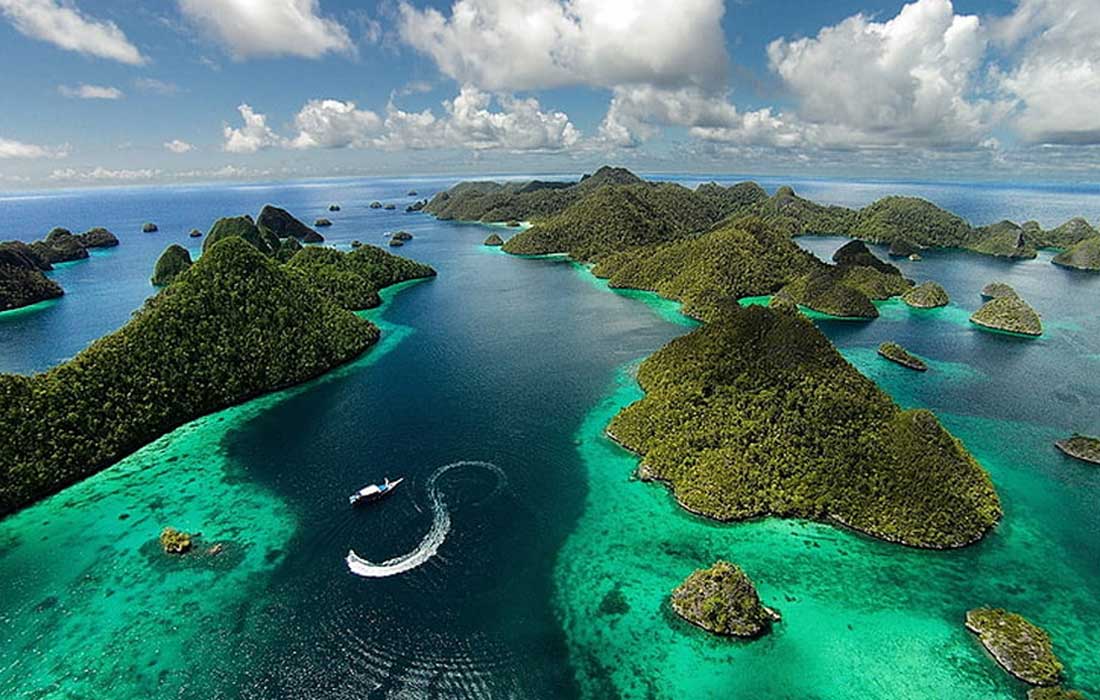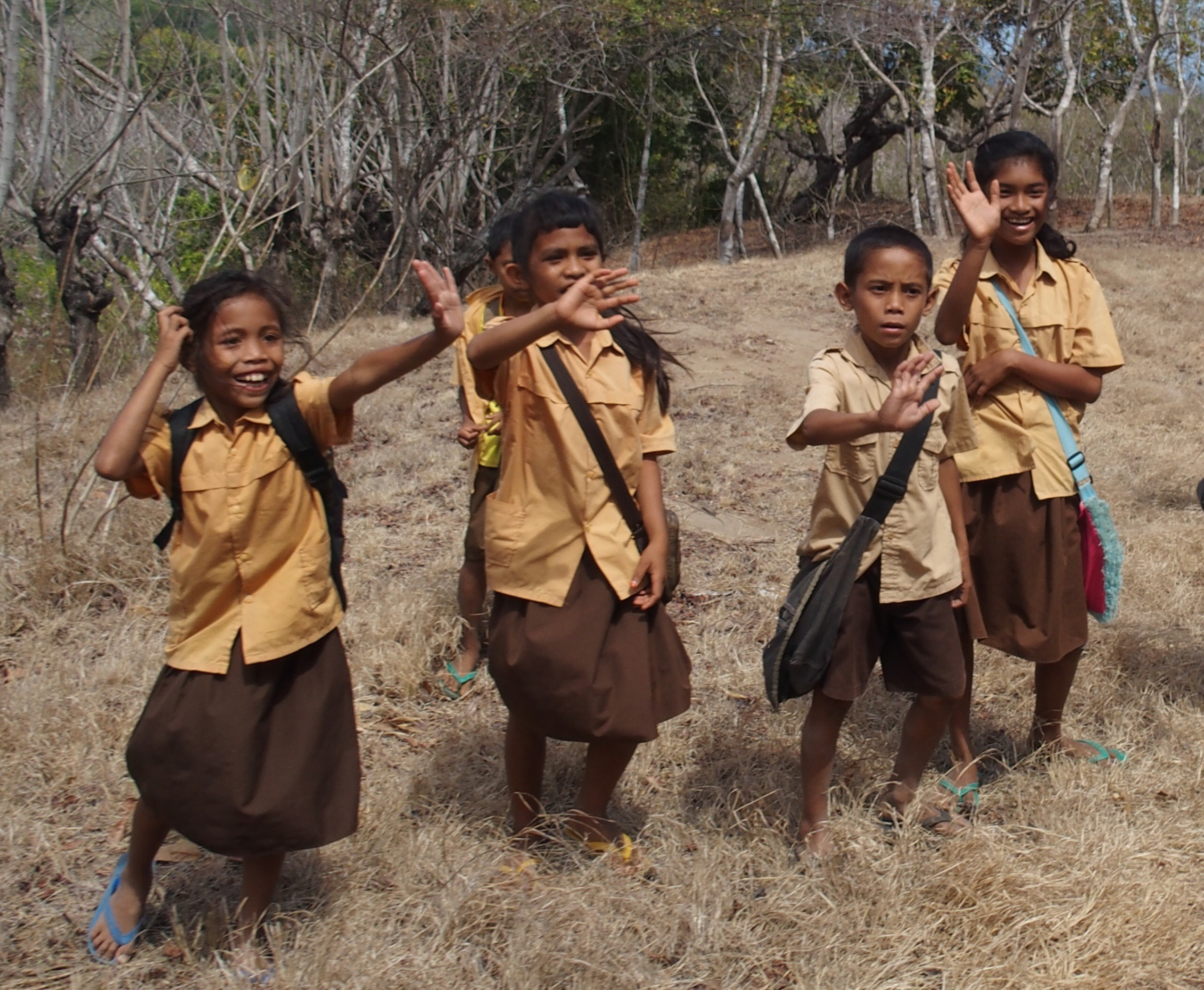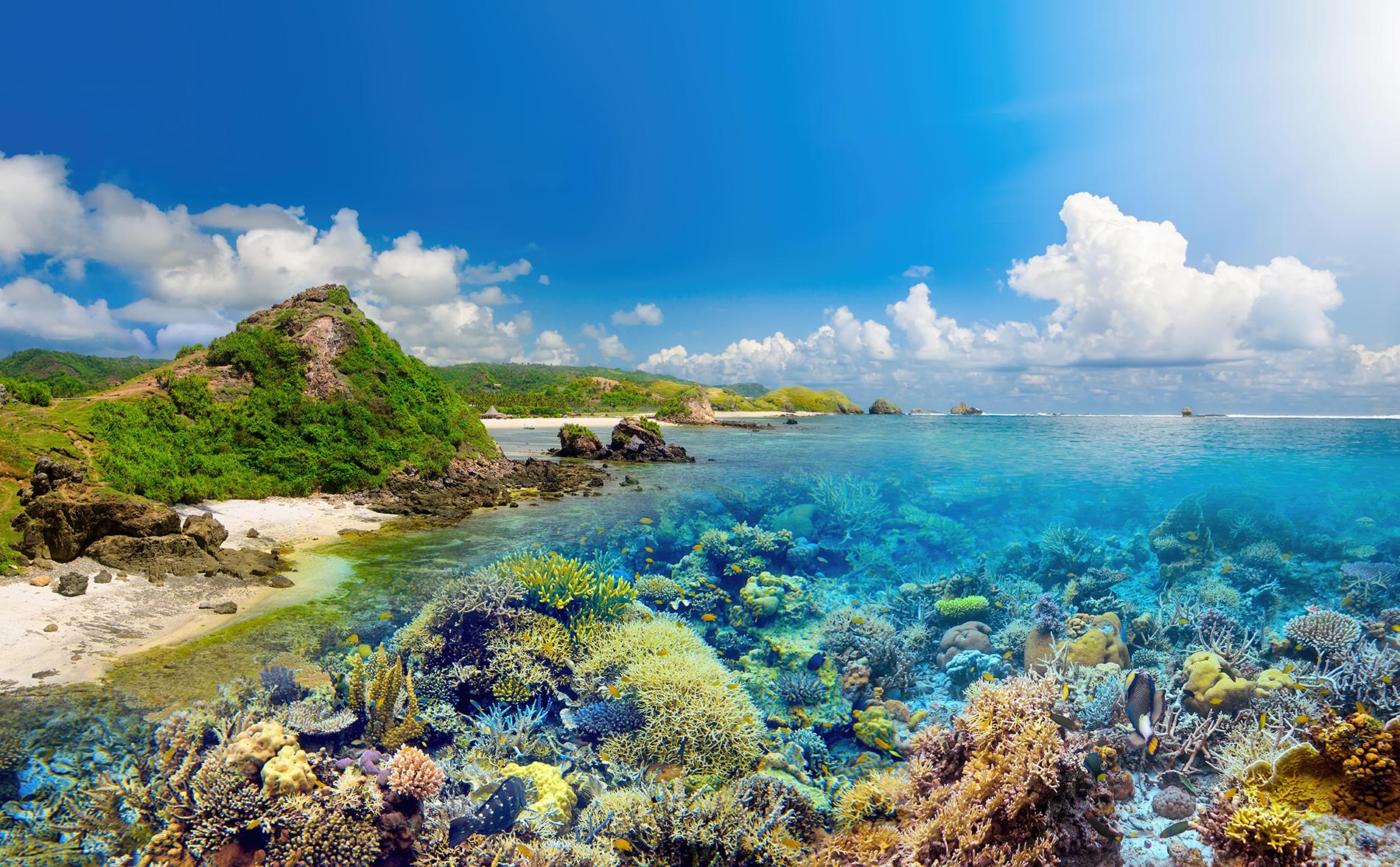A History of Good Deeds
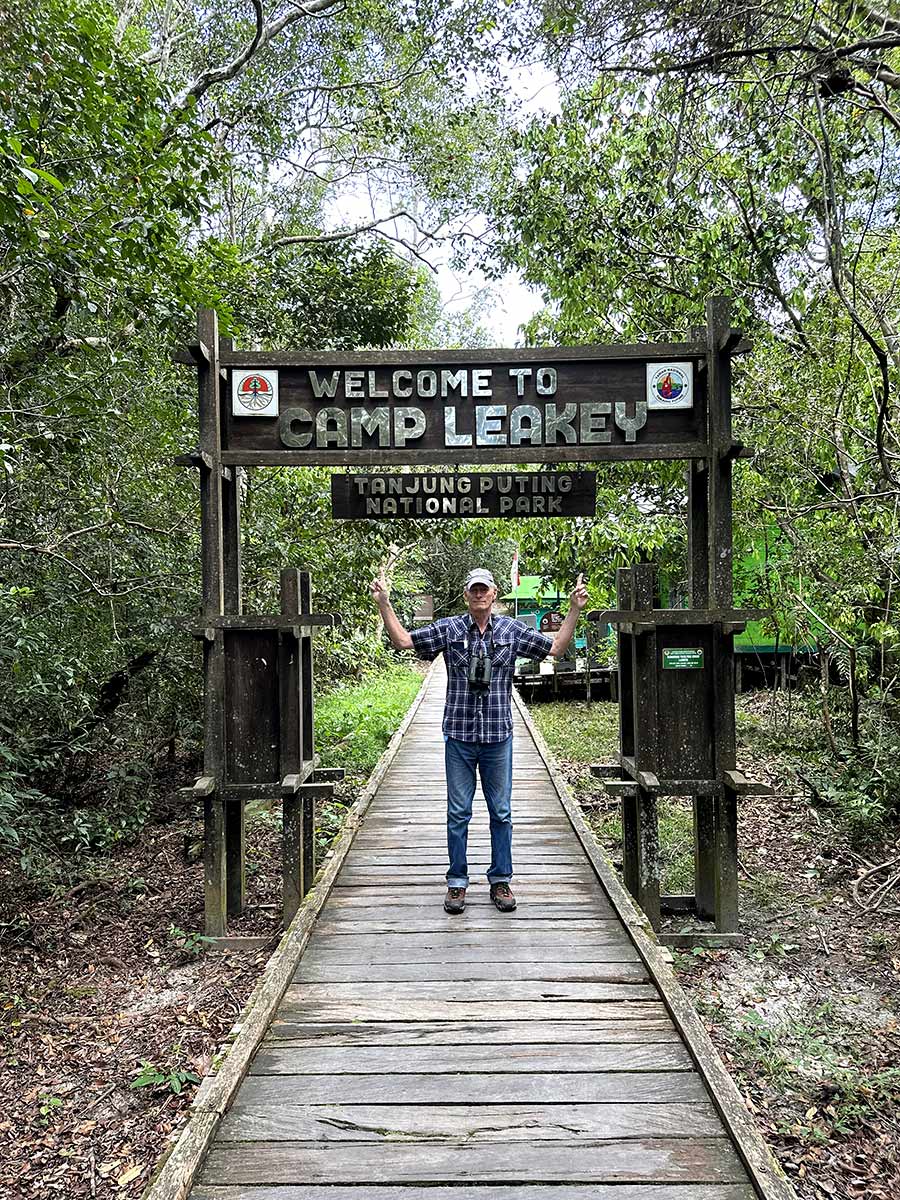
The notion of ethically and practically driven environmental and social governance or behavior by individuals or corporates toward a broader society is often portrayed as an invention of an enlightened 21st century. However, the concept in one form or another has been practiced since well before the dawn of our species in the form of inter and intra specific cooperation. In virtually all human belief systems too, is some notion of the “golden rule” , a rule we seem painfully challenged to embrace.
Translations of this behavioral advisory include:
“This is the sum of duty; do not do to others what would cause pain if done to you.” (From the Hindu Mahabharata)
“Hurt not others with that which pains yourself.” (From the Buddhist Dhammapada)
“What you do not wish for yourself, do not do to others.” (From Confucius Analects)
“You shall not take vengeance or bear a grudge against the sons of your own people, but you shall love your neighbor as yourself.” (From Judaism’s Book of Leviticus 19:18 )
“Therefore all things whatsoever ye would that men should do to you, do ye even so to them.” (From Christianity’s New Testament Gospel of Matthew 7:12)
“None of you [truly] believes until he wishes for his brother what he wishes for himself.” (From Islam’s Hadith)
Even the nuanced extension of this concept to a broader society, rather than the individual, traces back to at least the 5th century when Confucius (551 BCE – 479 BCE) spoke of the connection between good for society and self, thoughts subsequently dissected and extolled by Socrates (~470 BCE – 469 BCE) and later his understudy Plato ( ~428-327 BCE).
Over time though, the implementation of this “golden rule” also engendered a certain cynicism. For example, during the “Twelfth-Century Renaissance”, the medieval writer “Walter Map” in his De Nugis Curialium (Of the Trifles of Courtiers) had the character “Heracles” utter the karmic antithetical “ nullum bonum impunitum, nullum malum gratuitum” ( roughly “no good deed unpunished, no evil deed unrewarded”).
This was also about the same time Saint Bernard of Clairvaux was said to have uttered the phrases close cousin “Non est ad inferos via facilis, sed ad infernum porta lata est” or (“The road to hell is not an easy one, but its gate is wide”), a gate later dropped in favour of being a road “paved with good intentions”. These cautionary observations continue to serve us well into the present.
Our Pledge and Practice
Despite these warnings, and our own corroborating, hard-won experience, we at Komodo Travel, strive to promote travel that avoids or minimizes adverse impacts, and that thoughtfully contributes to environmental and societal wellbeing.
Komodo Travel ensures environmental and social considerations are part of trip planning; provides for equal opportunity employment; encourages appropriate guide and guest behavior; pursues beneficial community engagement; seeks more sustainably produced products and prefers to partner with service providers sharing common values.
Since its inception Komodo Travel & Transportation has organized a number of beach cleanups In coastal areas of West Flores, including Komodo National Park, Labuan Bajo Harbour., remote West Flores, and Riung (17 Islands Marine Park). These clean-ups have involved up to 70 volunteers and often include participation by students. Common items found during these clean-ups include sandals, plastic containers, bottles, cans, fishing nets, rope, cardboard, Styrofoam, and plastic bags.
Ask us to design, curate and deliver a first class, unforgettable Indonesian Experience

